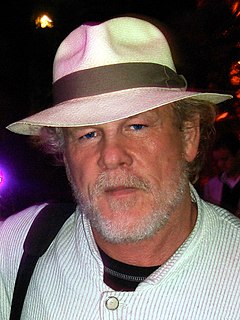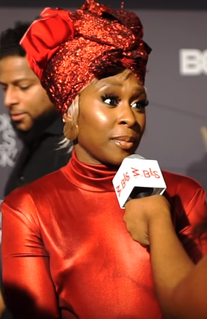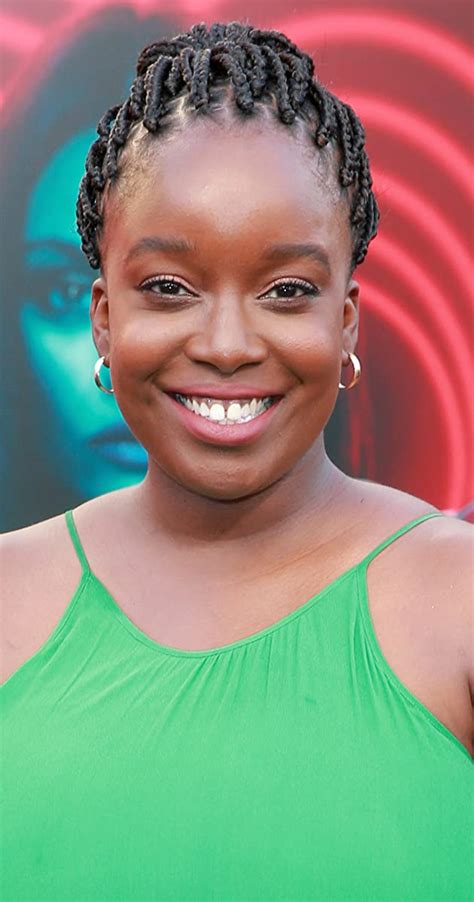A Quote by Killian Scott
What can often happen when doing accents is that you go too far to one extreme, so it becomes a caricature. It's important to bring an accent back to a natural organic place so you're still speaking like you would speak, just the sound is different. But your rhythms are not.
Related Quotes
When you hear somebody speaking in an accent, it's almost like they're invading your language while they're speaking to you because if you hear someone speak another language, you almost don't care. But when they speak your language with an accent, it feels like an invasion of something that belongs to you. And, immediately, we change.
I think that speaking is the most important thing we can do, but let's talk about what it means to speak effectively. We can talk in an echo chamber to our friends on social media and otherwise - and that's important, that's how we encourage and educate one another.But speech that leads to action is critical. And it doesn't sound very sexy, but one of the most important ways to speak in a way that makes an impact is to vote. Speaking at the ballot box is the most important place that we speak.
If you were to talk to somebody from Georgia you would understand what he's saying, he wouldn't sound like your next-door neighbor in Montana, but other than that it's the same language, just with a few little different nuances. That's just like country and blues, or blues and rock 'n' roll. They're the same music with different accents.



































